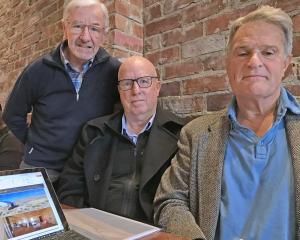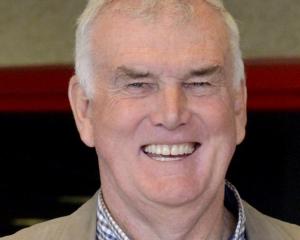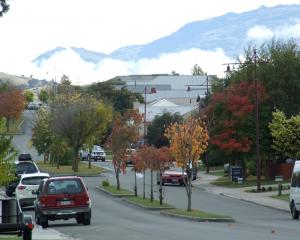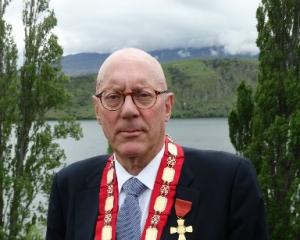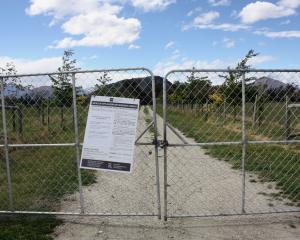The primary focus on the Queenstown Lakes District Council's reorganisation has naturally been on jobs lost - about 40 full-time equivalent positions - with more than 100 staff directly affected. That is as it should be.
Employment is disappearing and individuals will bear the impact of that. Careers are abruptly in doubt, and jobs are vanishing when work at similar rates and levels might be impossible to find, even in a prosperous district.
Another obvious side to the restructuring is the predicted savings to ratepayers, $2 million to $3 million in the short term, with much more expected later.
The district already has high rates, huge debts ($100 million) given its size, and faces further expensive capital projects. For its sake and for its residents, rates and debts cannot keep rising. Efficiency and effectiveness is essential.
Councils, in the absence of genuine commercial discipline and with most of their functions monopolies, have to be reined in regularly. Hard decisions have to be made and then carried out.
This, under chief executive Adam Feeley, is what is happening.
The review has gone through the whole council and looked well beyond just the abolition of council-owned organisations Lakes Environmental and Lakes Leisure and the integration of their tasks. Changes are happening or being considered all over the place.
In total, there are 73 recommendations, some for action now and some for further consideration and review. There is, undoubtedly, a huge amount of work ahead.
The proposals range from considering user pays for fire permits to the role of the forester and the harbour master, from IT to communications.
Problems and tensions within the council and between its various arms are also noted in the final reorganisation document.
Mr Feeley does, though, claim the work of the council and Lakes Environmental and Lakes Leisure in most respects already compares well with the achievements of other local authorities.
What was needed, however, was improved performance in service quality and value for money.
One of the biggest shocks is for the Wanaka library, where not only is it proposed to cut staff numbers and shift library backroom duties to Queenstown, but staff will also serve in a capacity as a one-stop centre for council services.
The library is a community hub for the Upper Clutha and residents justifiably feel strong loyalty to and affection for it.
It runs an impressive operation and the staff are popular. Nevertheless, in the search for savings, it is not unreasonable for those at the library to learn to deal with, or hand on, other council inquiries.
This would strengthen the library's role as a residents' centre further and seems a good use of resources.
But the planned changes are propelling real fears of a loss of expertise, as 2.45 positions go and the library manager is replaced by a 0.8 service centre co-ordinator. The building must remain primarily a library with a library ethos.
And it must be awful that at the library, even more than in many other parts of the council, staff will competing with each other for fewer jobs.
Council change of this magnitude will always be accompanied by disruption, not just for employees but services, and therefore the public will inevitably be affected.
It is likely, too, that some of the ideas and plans simply will be unrealistic and not be successfully implemented.
Among the challenges for the council hierarchy, transition manager and, indeed, all staff, will be to press ahead firmly while also with sense and sensibility.
The council, having ditched the innovation of separate bodies for core regulatory and recreational functions and having reviewed what it does, faces demanding times ahead.
Renovated and reused
At a period in our history when a dark cloud hangs over the future of so many heritage buildings, it is gratifying to see the former Donald Reid warehouse between Vogel and Cumberland Sts, in Dunedin, burst back into life.
The building, in a part of the city with much potential but also at much risk from the imposition of earthquake rules, is becoming the new headquarters for high-tech company ADInstruments, a Dunedin success story. All those involved in the renovation are to be congratulated.

